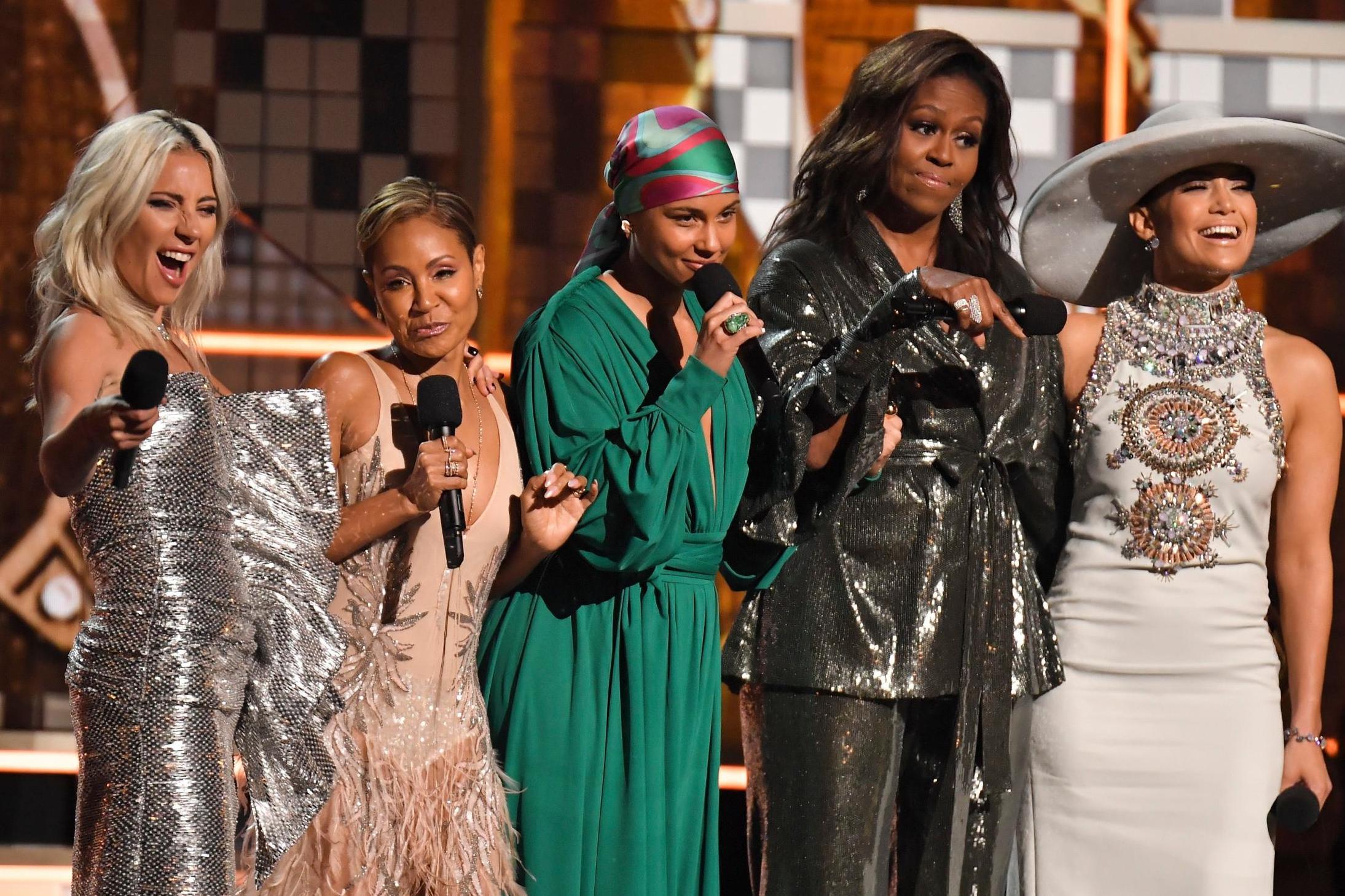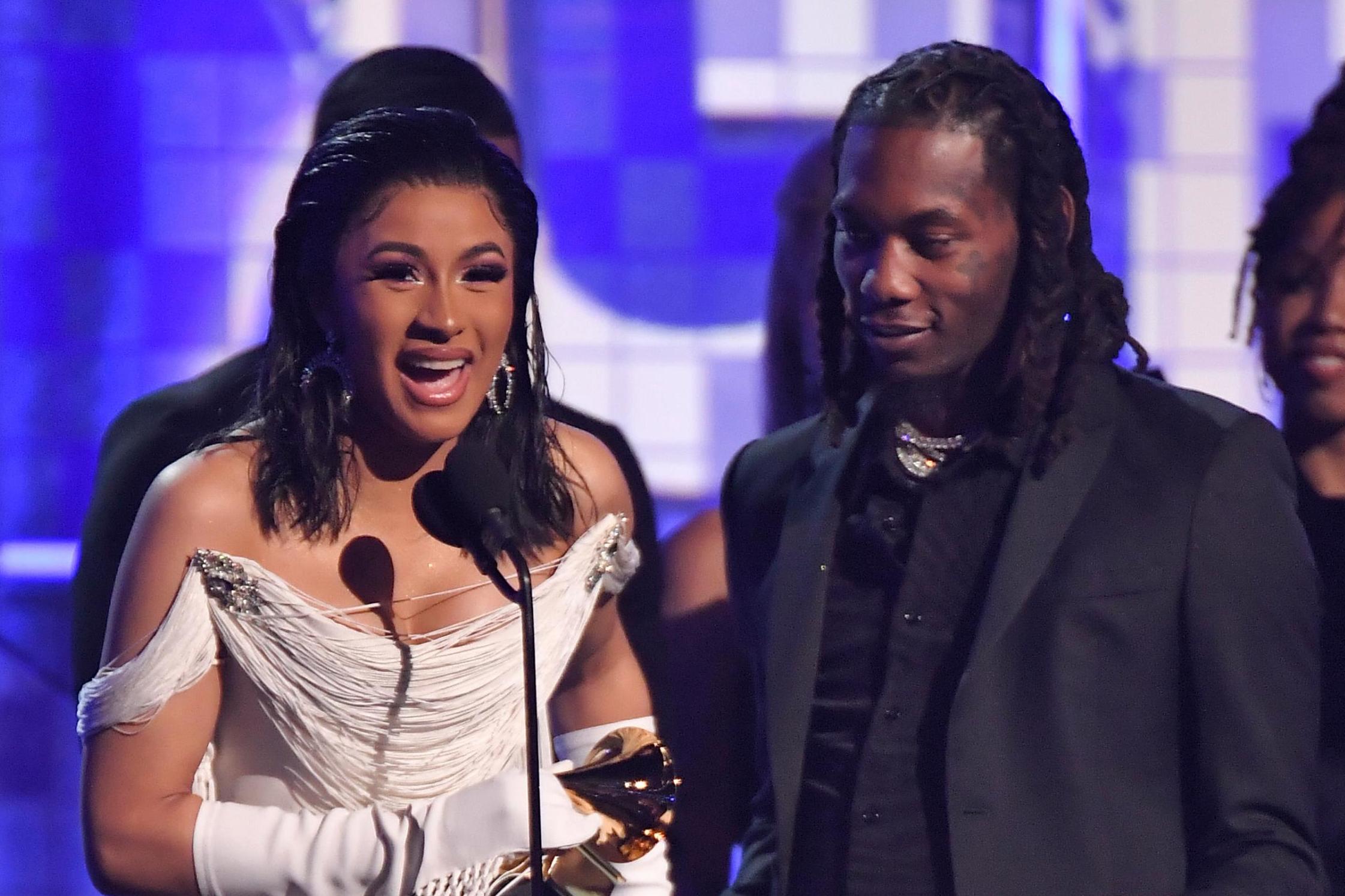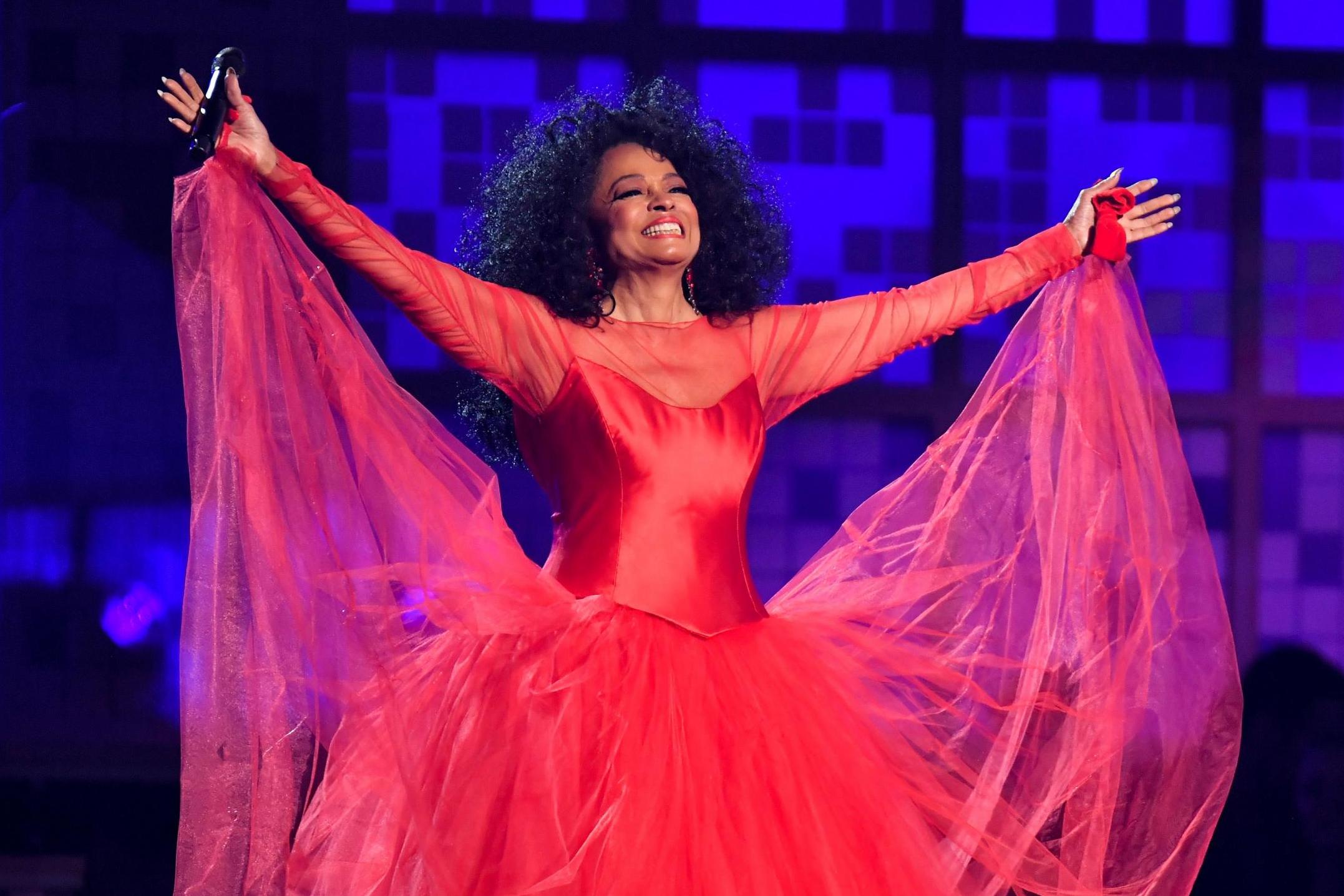Female artists dominate the Grammys as the awards make up for past sexist mistakes
After the Recording Academy president’s insulting comments last year, the Grammys finally recognised a diverse range of female talent, writes Alexandra Pollard


Your support helps us to tell the story
From reproductive rights to climate change to Big Tech, The Independent is on the ground when the story is developing. Whether it's investigating the financials of Elon Musk's pro-Trump PAC or producing our latest documentary, 'The A Word', which shines a light on the American women fighting for reproductive rights, we know how important it is to parse out the facts from the messaging.
At such a critical moment in US history, we need reporters on the ground. Your donation allows us to keep sending journalists to speak to both sides of the story.
The Independent is trusted by Americans across the entire political spectrum. And unlike many other quality news outlets, we choose not to lock Americans out of our reporting and analysis with paywalls. We believe quality journalism should be available to everyone, paid for by those who can afford it.
Your support makes all the difference.
“I want to begin by saying how honoured I am to be nominated among so many incredible female artists,” said British pop star Dua Lipa at last night’s Grammys, accepting the award for Best New Artist. “Because I guess this year, we’ve really stepped up.”
It was a deliciously barbed comment, on a night in which female artists dominated, aimed squarely at the Recording Academy president Neil Portnow. Last year, responding to a noticeable lack of female winners (only one woman won an award during the televised portion of the ceremony), Portnow said, “I think it has to begin with women who have the creativity in their hearts and their souls who want to be musicians, who want to be engineers, who want to be producers, who want to be part of the industry on an executive level, to step up.”
He later claimed that his words were taken out of context, which – unless it turns out he preceded that comment with, “Here’s what I would say if I was really sexist” – is hard to believe. Still, some good came from his remarks: there was enough of an outcry that this year, the Grammys could not get away with sidelining women. Having appointed a taskforce led by Michelle Obama’s former chief of staff Tina Tchen, aimed at identifying “the various barriers and unconscious biases faced by underrepresented communities”, the Grammys ensured that this year’s nominees were far more diverse.
As, indeed, were the winners. The biggest award of the night, Album of the Year, went to Kacey Musgraves’s wonderful psychedelic country record Golden Hour (which also won Best Country Album); 21-year-old newcomer H.E.R. won Best R&B album; openly gay country singer Brandi Carlile, meanwhile, won Best Americana Album. “I came out of the closet at 15 years old when I was in high school and I can assure you that I was never invited to any parties,” she said in one of the best speeches of the night.
Perhaps the most notable female triumph, though, was Cardi B’s. The only woman in her category, competing against Nipsey Hussle, Pusha T, Travis Scott and Mac Miller, Cardi won Best Rap Album for her playfully inventive debut Invasion of Privacy. This made her the first female solo artist in history to win in the category.

And the tone was set from the off. Alicia Keys, who mercifully took over presenting duties from James Corden, opened the show by inviting her “sisters” Lady Gaga, Jennifer Lopez, Michelle Obama and Jada Pinkett Smith onto the stage. Sure, the Record Academy were blatantly overcompensating here, but it was powerful stuff nonetheless. “Every voice we hear deserves to be honoured and respected,” said Pinkett Smith. “Tonight we celebrate the greatest in each other, through all of us, through music,” added Alicia Keys. “Who runs the world?”
There were myriad performers, meanwhile (too many, perhaps, given that 90 minutes in, there had only been two awards given out) – and women dominated that arena too. Diana Ross celebrated her 75th birthday by performing two of her biggest hits, “The Best Years of My Life” and “Reach Out and Touch (Somebody’s Hand)”; Janelle Monae sang “Make Me Feel” flanked by dancers in pink vagina suits; St Vincent and Dua Lipa flirted their way through a mashup of “Masseduction” and “One Kiss”, and Lady Gaga delivered a fearsome, reworked rendition of her A Star Is Born song “Shallow”.

But the biggest showstopper of the night came courtesy of Dolly Parton, who last week was awarded the MusiCares Person of the Year. After Parton joined Musgraves and Katy Perry for “Here You Come Again”, her goddaughter Miley Cyrus turned up to duet “Jolene”, supported by the likes of Maren Morris and Little Big Town. Given that Parton spent much of her 50-year career being underestimated by those who couldn’t see past her unapologetic femininity, her climactic performance felt fitting.
There were a few low points – the Jennifer Lopez-led Motown tribute fell flat, largely because Lopez has little to do with the genre – but for the most part, the Grammys were a triumph, finally celebrating those who deserved it. There’s a way to go, but it was a step (up) in the right direction.
Join our commenting forum
Join thought-provoking conversations, follow other Independent readers and see their replies
Comments